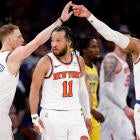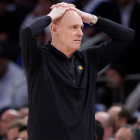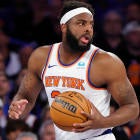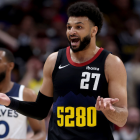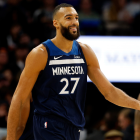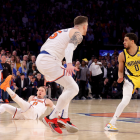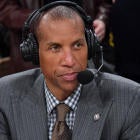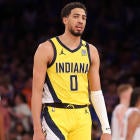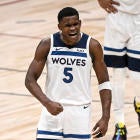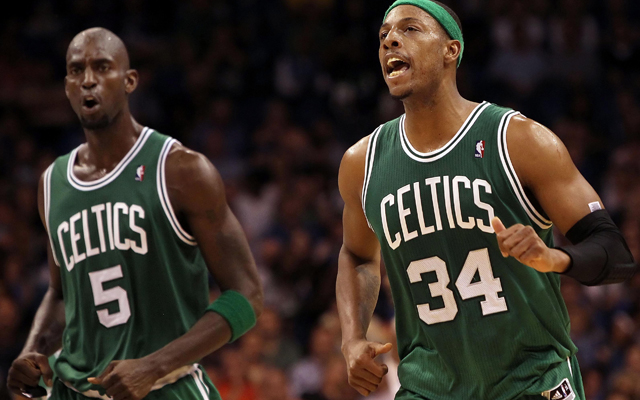
Paul Pierce told the Boston Herald Friday that Rajon Rondo's season-ending ACL surgery directly lead to the myriad decisions that dismantled the Big 3 era in Boston:
“It would be hard to contend,” Pierce told the Herald on the last day of his camp at Basketball City in the shadow of the TD Garden. “I saw the vision. I saw all that. As a player I’m selfish. I want what’s going to be good for me and the team. But you’ve got to look at the management looking at what’s down the road. If it’s up to me I would want to rebuild to win a championship by bringing players in. They were looking at the future, down the line.
“Rajon might not be here for the beginning of the year or however long he takes, so it would be tough for us to be a contender or get into a position to contend. Everybody saw that and I think that helped the decision on both sides.”
“It was like a domino effect,” Pierce said. “It was like (the Rondo injury) was there and then Doc. When you put all that stuff together, you know the writing was on the wall.”
via Pierce: Rondo injury set wheels in motion for Celts moves | Boston Herald.
Pierce also told SLAM Online this week that it was ownership's decision to rebuild after the season, which lead to Doc Rivers' decision to request a move to the Clippers.
SLAM: Some members of the media have been saying they believe Doc Rivers quit on the Celtics. How do you feel about all that?
PP: Well, I know the insides with everything that’s going on. A lot of stuff got blown out of proportion because of the media, but Doc has always said he didn’t want to be a part of a rebuilding situation. I’ve always stated that the past four or five years. After the season, the owners decided they wanted to go in that direction. It made Doc look like he was quitting but at the same time it was mutual—everything was mutual at the end. The trade, Doc leaving. I didn’t want to be a part of rebuilding; Kevin didn’t want to be a part of rebuilding; Doc didn’t want to be part of rebuilding. I think it was all mutual. We’ve done so much for the franchise that they wanted to help on our end. So Doc went to L.A., and they sent us to Brooklyn for a chance to win a Championship. That’s pretty much the way it was. Nothing more, nothing less.
via SLAM ONLINE | » Q+A: Paul Pierce.
Rondo's injury was one of those moments that changed the course of NBA history, even as the Celtics had struggled for most of the year prior to that (something many people forget). The look on Pierce's face post-game when he found about it kind of revealed more than just a huge impedement to the Celtics' 2013 campaign, but really a dramatic shift in the franchise's trajectory and Pierce's career.
The timing of Rondo's injury played a huge part as well. Danny Ainge had talked himself into keeping the core together year after year, but losing Rondo, arguably the team's best player for not only that season, but potentially a significant portion of next year was simply going to make the situation untenable. The writing was on the wall.
Rivers' exit remains a touchy subject with many Celtics fans, who feel that after preaching loyalty and a love of the city and team, Rivers bailed when things became difficult. It's easy to point to Rivers as the root cause of all the change, but a more productive way to look at is to simply acknowledge it all as the never-ending current of fate. Rondo went down, management saw the writing on the wall, Rivers moved to preserve his career, the Celtics traded Pierce and KG. There's no root cause or a decision to blame. Things just happened.
HT: Red's Army













